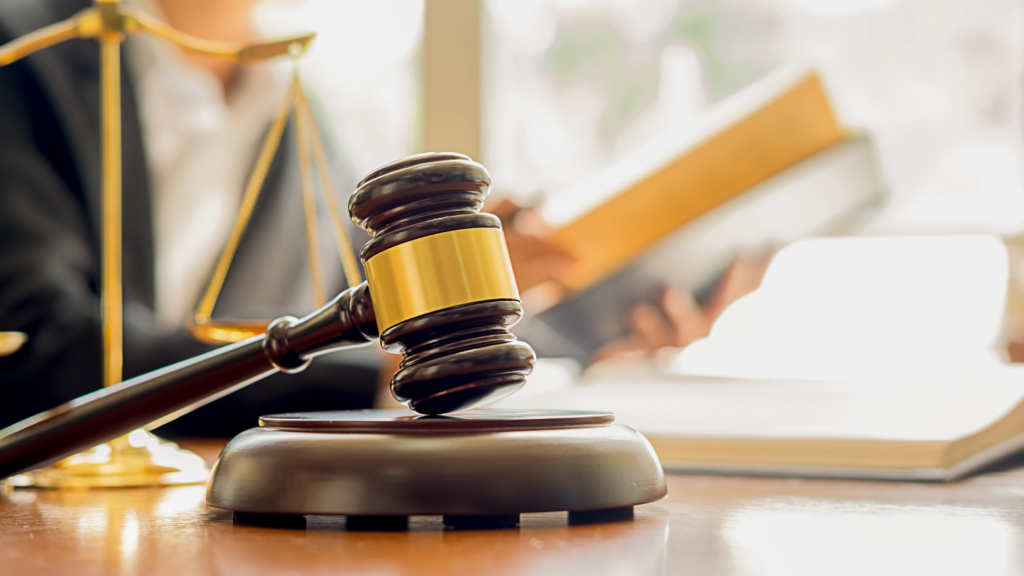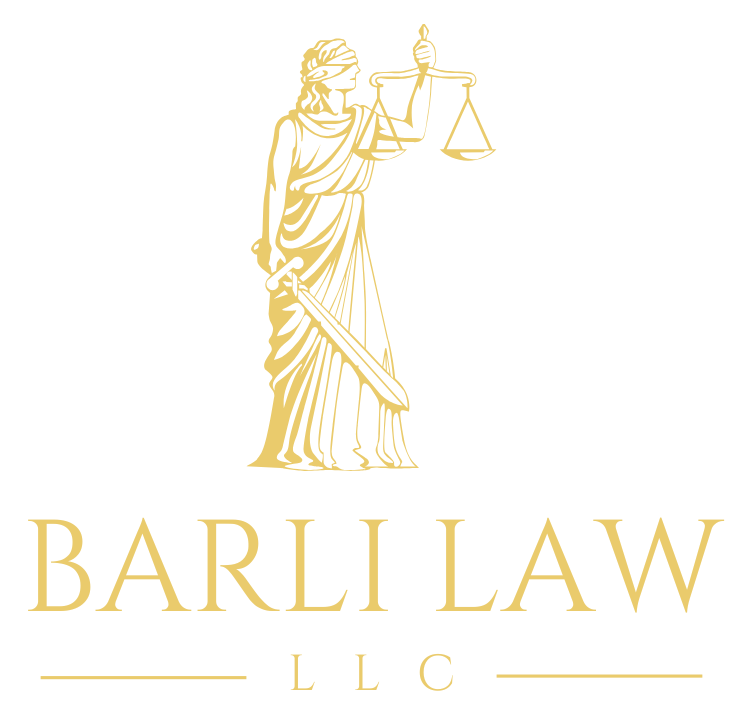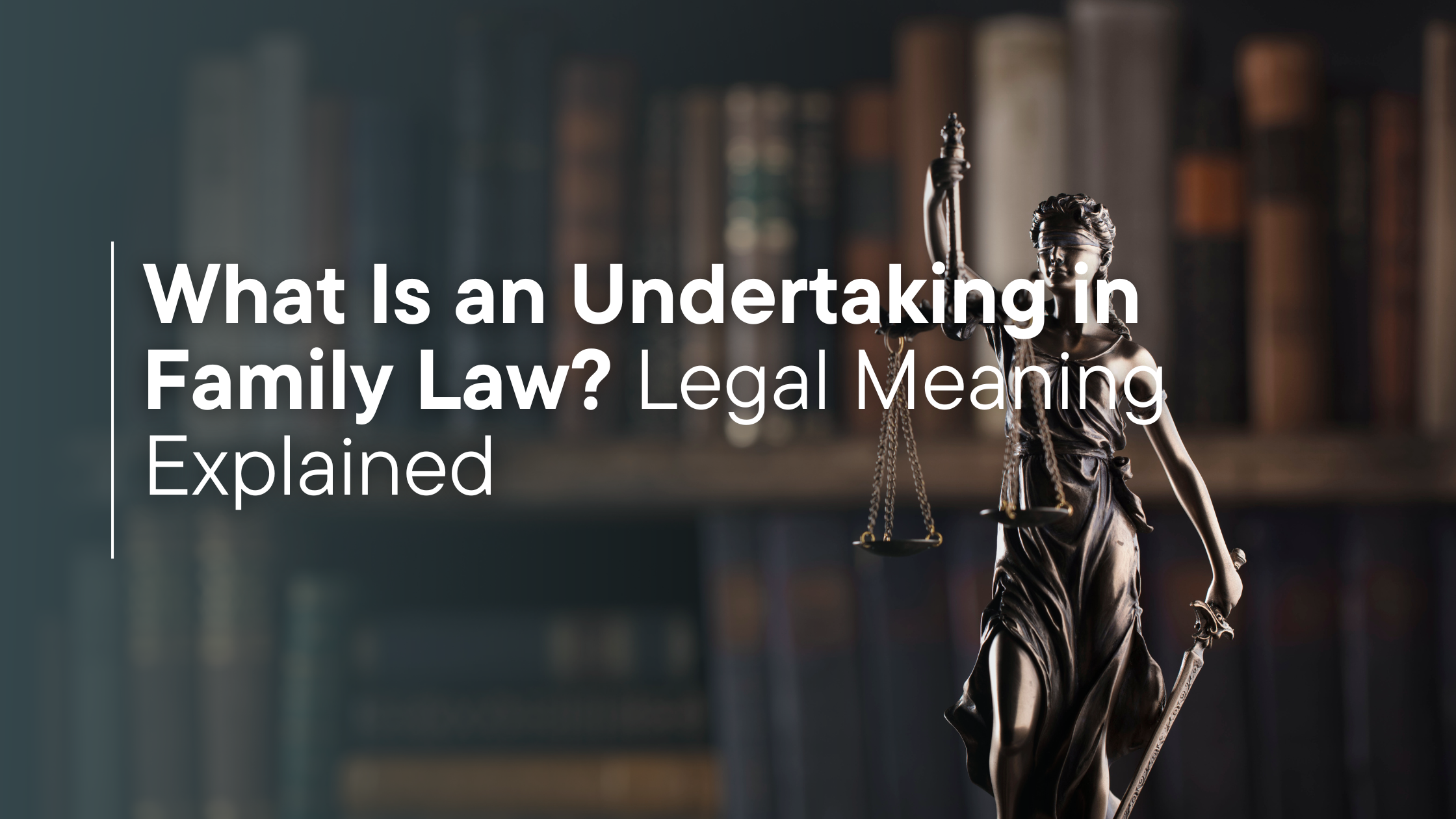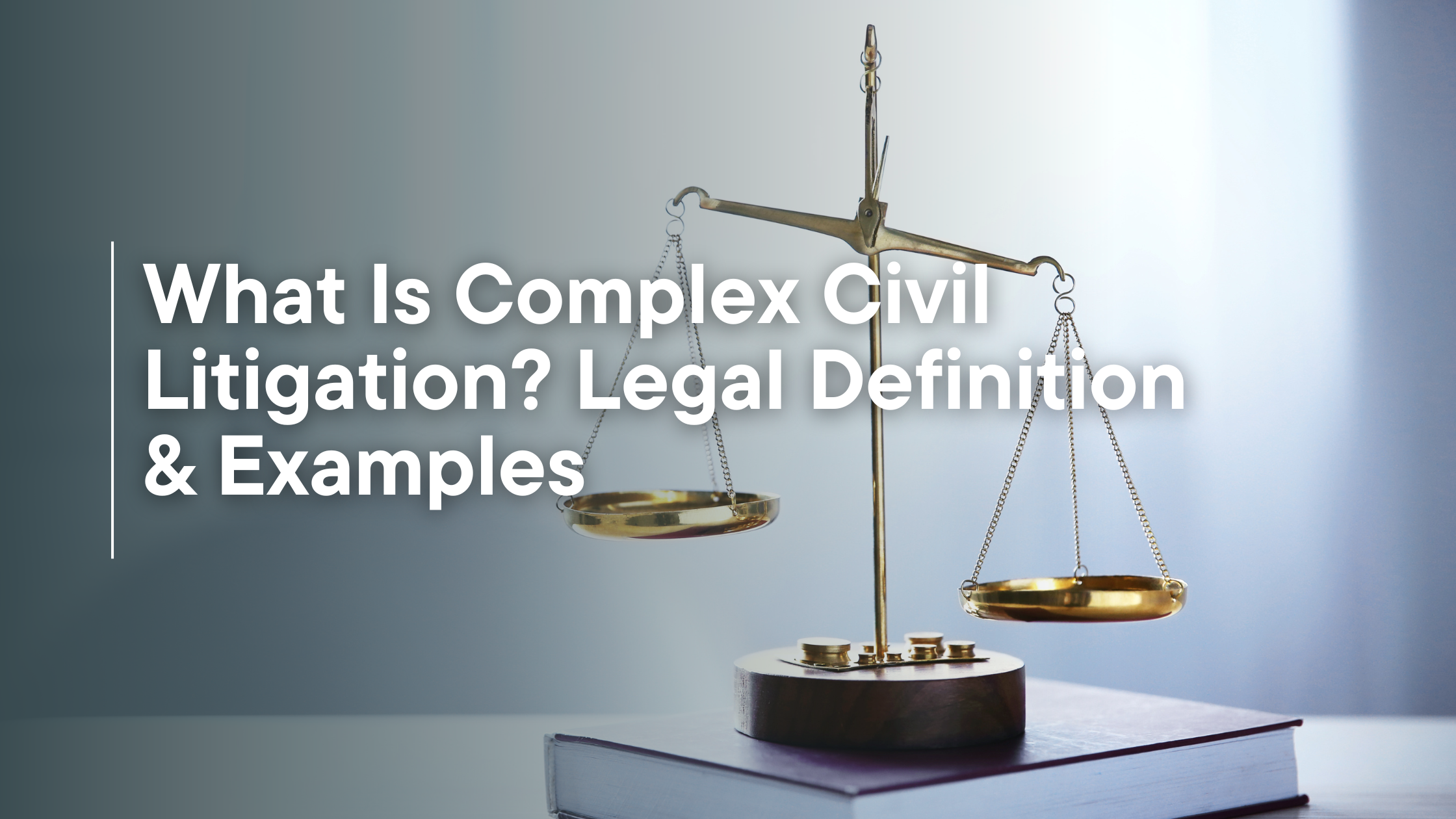Facing a civil lawsuit… whether you’re filing one or responding to one… can feel overwhelming. One of the first questions we often hear is: “What is the plaintiff actually asking the court to do?” Understanding the plaintiff’s role and their legal requests is essential to knowing what’s at stake and how to respond effectively.
At Barli Law LLC, we’re here to simplify the process and help you feel confident every step of the way.
Understanding the Plaintiff’s Role in a Civil Case

In civil litigation, the plaintiff is the person or party who initiates the lawsuit. Their goal is to resolve a dispute… often involving money, property, or personal rights… by asking the court for legal relief.
Unlike criminal cases, where the government prosecutes a crime, civil cases are typically between private individuals or businesses. Common examples include:
- Breach of contract
- Personal injury claims
- Property disputes
- Employment issues
The plaintiff’s job is to present their side of the issue and explain what outcome they want the court to order.
What the Plaintiff Can Ask the Court to Do

When a plaintiff files a lawsuit, they include a “prayer for relief” in their complaint… this is where they specify exactly what they’re asking the court to do. These requests can take different forms depending on the nature of the case.
1. Monetary Damages
This is one of the most common forms of relief. The plaintiff is asking the court to award them money to compensate for harm suffered.
- Compensatory Damages: Reimbursement for losses such as medical bills, lost wages, or property damage.
- Punitive Damages: Additional amounts intended to punish especially harmful behavior.
- Nominal Damages: A small sum awarded when a legal wrong occurred but no major harm was done.
2. Injunctive Relief
Injunctions ask the court to order someone to stop doing something… or start doing something.
- Temporary Injunctions: Used to prevent harm before the case is resolved.
- Permanent Injunctions: Long-term orders after a case is decided.
Example: A homeowner might ask the court to stop a neighbor from building a fence that crosses property lines.
3. Declaratory Judgment
Sometimes, the plaintiff isn’t seeking money or an order to act… but rather, clarification.
- The court is asked to declare the parties’ rights and responsibilities.
- Useful when contracts, insurance policies, or legal statuses are unclear.
4. Specific Performance
This applies mostly in contract cases. The plaintiff is asking the court to enforce the terms of an agreement.
- Example: A buyer might ask the court to force a seller to go through with the sale of a unique property.
How the Plaintiff Makes These Requests
The legal process starts with filing a complaint… a document that outlines the plaintiff’s allegations and the relief they are seeking. The most important part for understanding the plaintiff’s goals is the prayer for relief at the end of the complaint.
This section tells the court… and the defendant… what the plaintiff wants:
- A specific dollar amount
- An order to stop an action
- Clarification of a legal relationship
Each request must be supported by the facts and legal arguments presented in the case.
Can the Plaintiff Ask for More Than One Type of Relief?

Yes. Plaintiffs often request multiple types of relief in a single lawsuit. For example, they may ask for:
- Compensation for financial loss
- An injunction to stop further harm
- A declaratory judgment for clarity moving forward
The court will evaluate each request separately and decide based on the evidence and applicable law.
What Happens After the Plaintiff Makes Their Request?

Once the complaint is filed, the defendant has the opportunity to respond. The case then moves through several stages:
- Pleadings and Response
- Discovery (gathering evidence)
- Negotiations or Mediation
- Trial, if no settlement is reached
Throughout the process, the court will determine whether the plaintiff’s requests are legally justified and what relief… if any… should be granted.
Let Us Help You Understand Your Rights
If you’re involved in a civil dispute, knowing what the other party is asking for… and what you’re entitled to… can make all the difference. At Barli Law LLC, we guide our clients through every stage of the litigation process with clarity, compassion, and proven legal insight.
Let’s work together to protect your rights and secure your peace of mind.
📞 Call us at 973-638-1101
📧 Email us at info@barlilaw.com
🔗 Schedule a consultation today
“Daniel Barli and his team provided exceptional guidance during a challenging time. Their professionalism and attention to detail gave me peace of mind.” … Former Client




